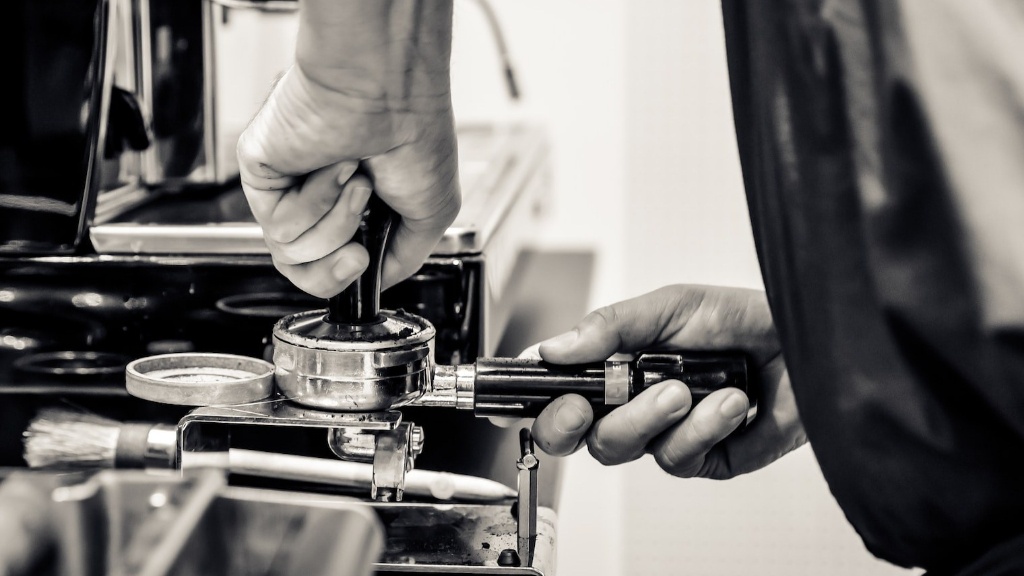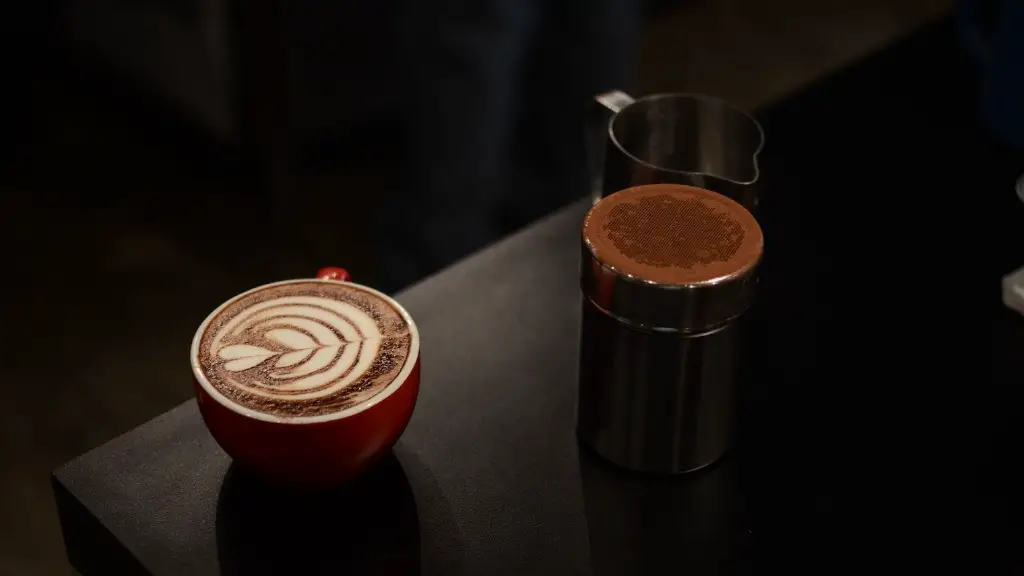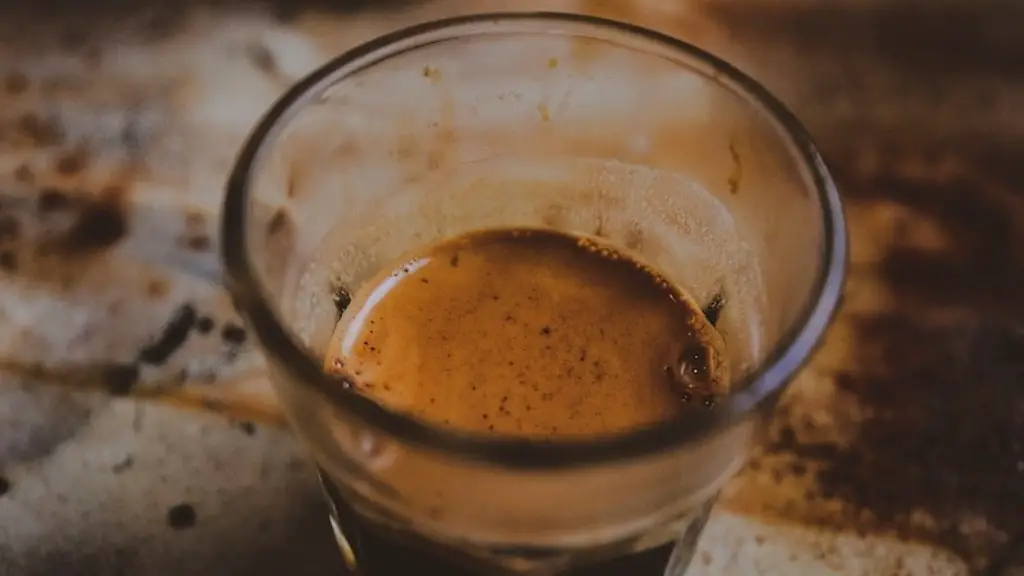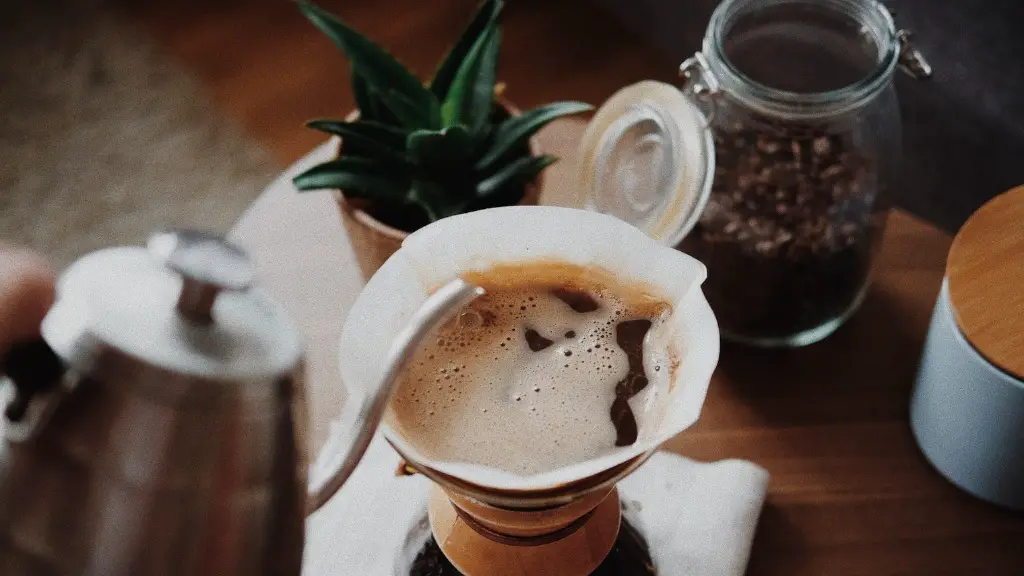Can you Drink Coffee If You Are Fasting for Blood Work?
Most people need to fast for a period of time before a blood test. But what are the rules when it comes to drinking coffee? Is it okay to drink coffee if you’re fasting for blood work? Let’s look at what the experts and the data say.
What Is Fasting For Blood Work?
Fasting for blood work means refraining from eating and drinking for a certain amount of time before your blood test. Depending on your health provider, you will be asked to fast for eight, twelve or even twenty-four hours. During this period, you will have to limit your activities, such as not exercising or doing strenuous physical activities before the test.
Reasons to Fast
The main purpose of fasting for blood work is to ensure accurate results from your blood test. If you eat or drink something prior to your blood work, it can affect the levels of certain components in your blood and may lead to false results.
For instance, eating a meal containing sugar or carbohydrates can raise your glucose or insulin levels and prevent your doctor from getting accurate diagnosis. Furthermore, drinking alcohol or beverages that contain caffeine can also affect your levels of certain veins in your blood, resulting in inaccurate test results.
Can You Drink Coffee If You Are Fasting?
Although your healthcare provider will most likely advise you to refrain from eating or drinking anything, including coffee, during your fasting period, it is possible to drink coffee while you are fasting. However, it is important to take into consideration the amount of caffeine in the coffee that you drink and the time you consume it before your blood test.
In general, a cup of black coffee with about 200 milligrams of caffeine should not affect your blood test results if consumed two hours before your test. But bear in mind that caffeine from other sources, such as soda or energy drinks, can still affect your blood test results.
Possible Side Effects of Drinking Coffee While Fasting
Although some experts suggest that drinking coffee before a blood test should not affect the results, it might still not be the best idea. Caffeine intake can lead to dehydration and disrupt your body’s balance. Furthermore, coffee can suppress your appetite, which can make it difficult to start eating once your fast is over. Lastly, coffee can also cause an upset stomach and disrupt your digestion.
Alternatives to Drinking Coffee
If you need to stay alert and focused while fasting for a blood test, there are some alternatives to drinking coffee. Herbal tea, such as green tea or oolong tea, can provide some of the same energising benefits as coffee without the jitters and other side effects.
Also, some foods and beverages that contain caffeine, such as dark chocolate and matcha, can be beneficial for fasting, as they are low in caffeine and can provide a more sustained energy boost.
How Much Is Too Much?
When it comes to drinking coffee during fasting for blood work, it’s important to take into consideration how much caffeine you can handle. If you know you are sensitive to caffeine and experience side effects such as jitters, headaches or insomnia when consuming it, it would be best to avoid it altogether.
At the same time, it is important to bear in mind that drinking too much coffee during your fasting period can lead to dehydration and other side effects, so it is best to moderation when it comes to caffeine intake.
Drinking Too Much Coffee Before a Blood Test
Although it is possible to drink coffee during fasting for a blood test, it is best to keep the amount of caffeine you consume at a moderate level. A cup of black coffee with about 200 milligrams of caffeine should not affect your blood test results if consumed two hours before your test, but remember that caffeine from other sources, such as soda or energy drinks, can still affect your blood test results.
Staying Alert and Focused During Fasting
If you need to stay alert and focused during your fasting period, it is important to find alternative ways to do so. Herbal teas, dark chocolate and matcha are some of the best alternatives to coffee, as they are low in caffeine and can provide a more sustained energy boost without the negative side effects.
Choosing the Right Coffee
When it comes to drinking coffee during fasting for blood work, it is important to pick the right type of coffee. If you are sensitive to caffeine or have a condition that can be aggravated by its consumption, it is best to avoid any type of coffee altogether.
For everyone else, you should pick a low-caffeinated, organic and freshly brewed coffee. Make sure your coffee is not too strong and that you consume it in moderation.
Benefits of Drinking Coffee During Fasting
Not all experts agree that drinking coffee while fasting is bad for you. In fact, some argue that when enjoyed in moderation, coffee can provide some health benefits, such as improved digestion and increased alertness.
Additionally, drinking coffee has been linked to improved concentration, decreased risk of certain type of cancer and decreased risk of developing Parkinson’s and Alzheimer’s disease. Although more research is required, there are many potential health benefits of drinking coffee during fasting for blood work.
Caffeine Effects on Blood Pressure
Another factor to consider when drinking coffee while fasting for blood work is its effects on your blood pressure. Caffeine can increase your heart rate and make your blood vessels constrict, leading to an increase in your blood pressure. Therefore, it is important to check with your doctor before consuming coffee if you have any underlying heart conditions.
Timing Is Key
When it comes to drinking coffee while fasting for blood work, timing is key. It is best to monitor your caffeine intake and to drink your coffee two hours before your test to ensure accurate blood test results. Also, remember to drink in moderation and to stick to low-caffeinated, organic and freshly brewed coffee.
Coffee Alternatives for Fasting
If you need some energy during your fasting period, it is best to find alternatives to coffee, such as herbal tea, dark chocolate and matcha. These kinds of drinks can provide sustained energy without the negative side effects associated with caffeine consumption.
Conclusion
Overall, it is possible to drink coffee while fasting for blood work, as long as you take into consideration the time you consume it before your test and the amount of caffeine in the coffee. However, it is best to avoid drinking any type of coffee if you suffer from any underlying heart conditions, as caffeine can increase your heart rate and make your blood vessels constrict.
In addition, there are some alternatives to coffee that can provide you with energy during your fasting period, such as herbal tea, dark chocolate and matcha. Therefore, it is important to understand the possible effects of drinking coffee and to pick the right type of coffee for your needs.



